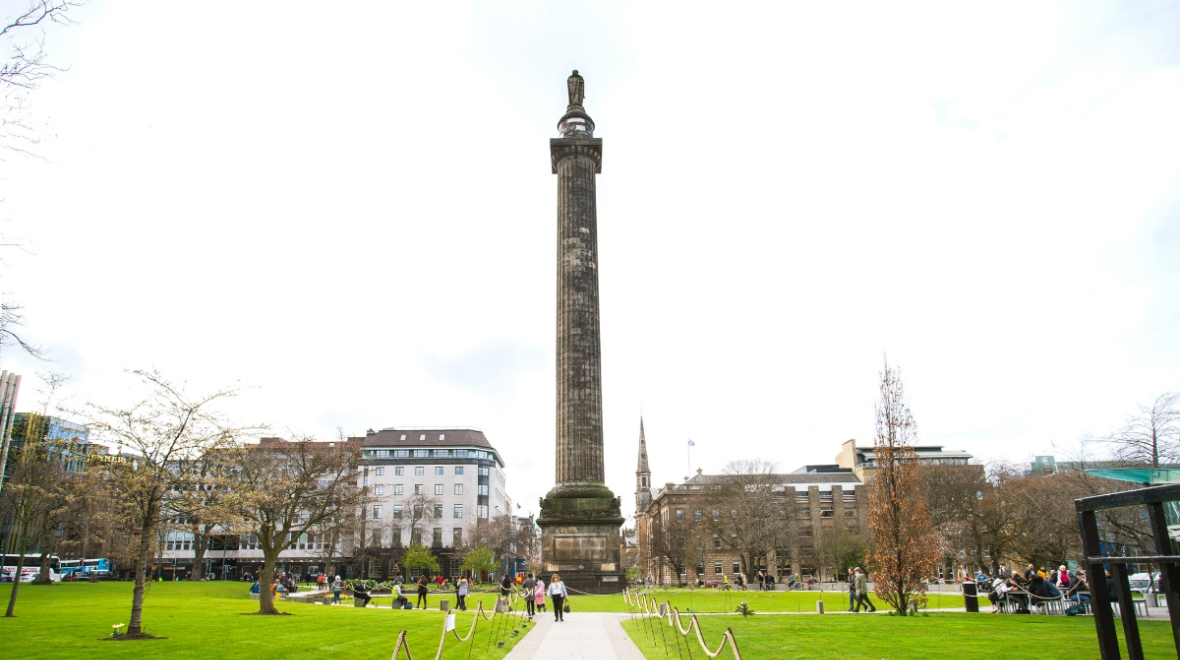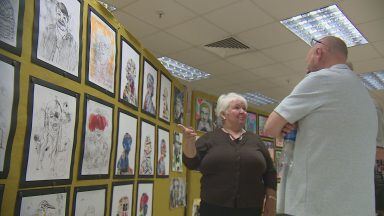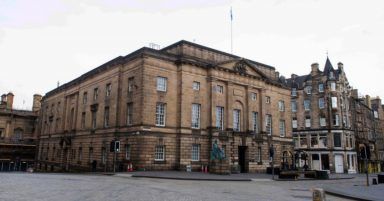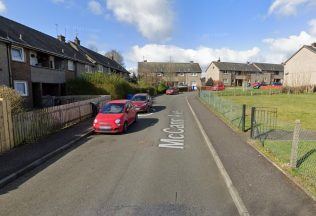Edinburgh councillors have agreed to implement recommendations made in a report into the city’s historic links with slavery and colonialism.
It will see a public apology issued to those who suffered through the city’s involvement.
A report by academic Sir Geoff Palmer recommended ten actions to be taken, including developing teaching materials to fill the gap on Scotland and the capital’s role in the slave trade.
Statues, street names and building associated with those who profited from the practices should not be removed, the report said, but should be “re-presented” to detail the consequences.
The city council’s policy and sustainability committee agreed the proposals which will see council officers progress the recommendations in a phased manner.
It will start with the establishment of an independent legacy stakeholder group to lead and monitor implementation.
It is expected these short term actions, including an apology, can be implemented within the existing budgets in 2022/23.
Actions such as initiating friendship agreements with cities in countries most impacted by the city’s historic involvement with slavery and colonialism, will also be taken.
The cost of the review by Sir Geoff Palmer was £18,500 to date after the academic was commissioned by the council to chair the review following the Black Lives Matter protests in 2020.
Sir Geoff, of Heriot-Watt University, said he hoped the educational legacy of the report allows all sides of history are taught in schools.
He said: “Everybody has got to be included or it doesn’t make sense and that’s what we’re hoping for the curriculum development, is that it is our history.
“That is how I think it should be taught and that’s how it will change attitudes because you cannot explain racism in any other way.
“By taking about the impact of the delegation of black people and then justifying the enslavement, people will understand that.”
Gillian Findlay, the council’s curatorial and engagement manager in culture and wellbeing, said the report’s impact had already been felt by the nature of the public responses, particularly from black and ethnic minority (BAME) groups.
She said: “We have been delighted, and I think the review group has been delighted, with the wholehearted response and participation that we’ve seen from (black and ethnic minority) groups of the community we have managed to reach.”
And she said those in the BAME communities are keen to see how the recommendations impact policy, education and employment.
Follow STV News on WhatsApp
Scan the QR code on your mobile device for all the latest news from around the country


 iStock
iStock




















